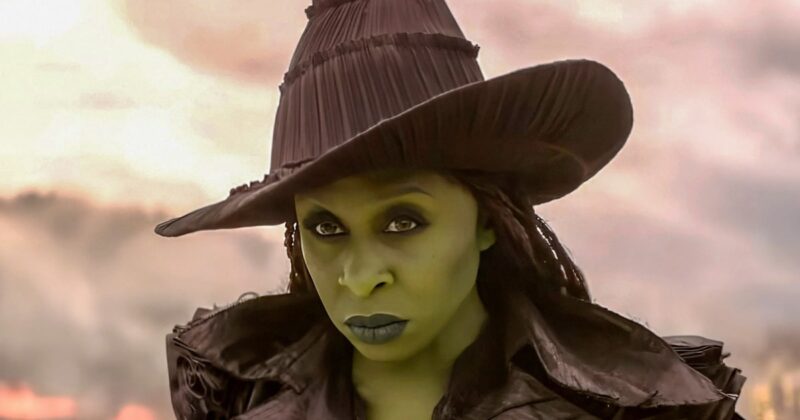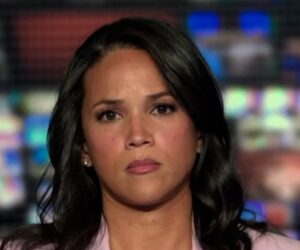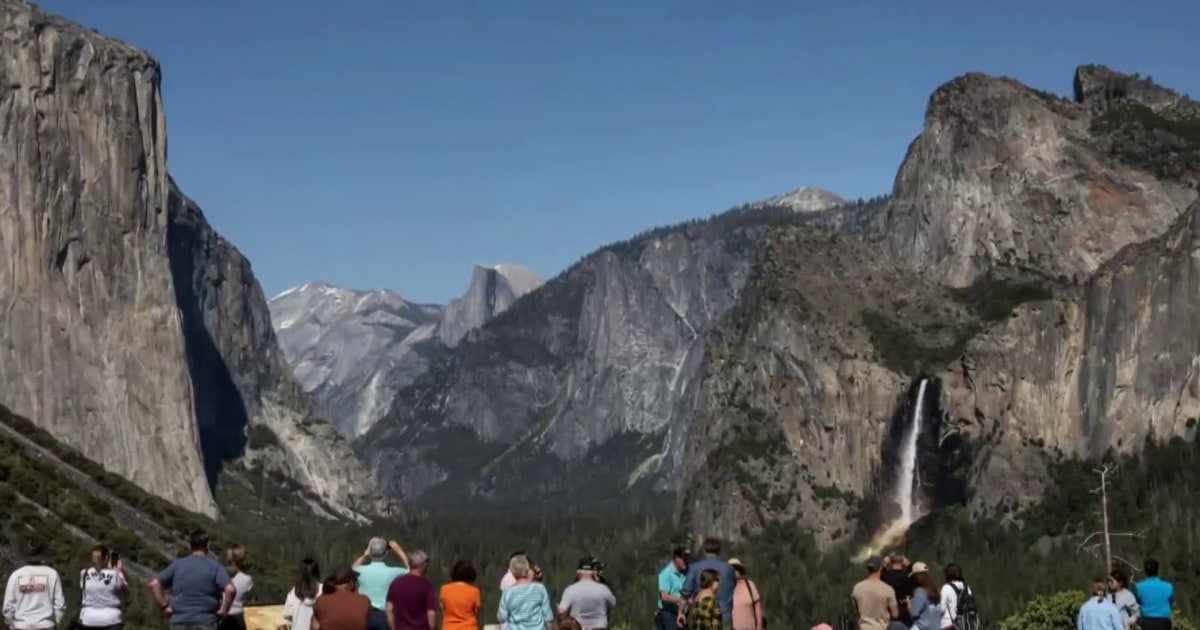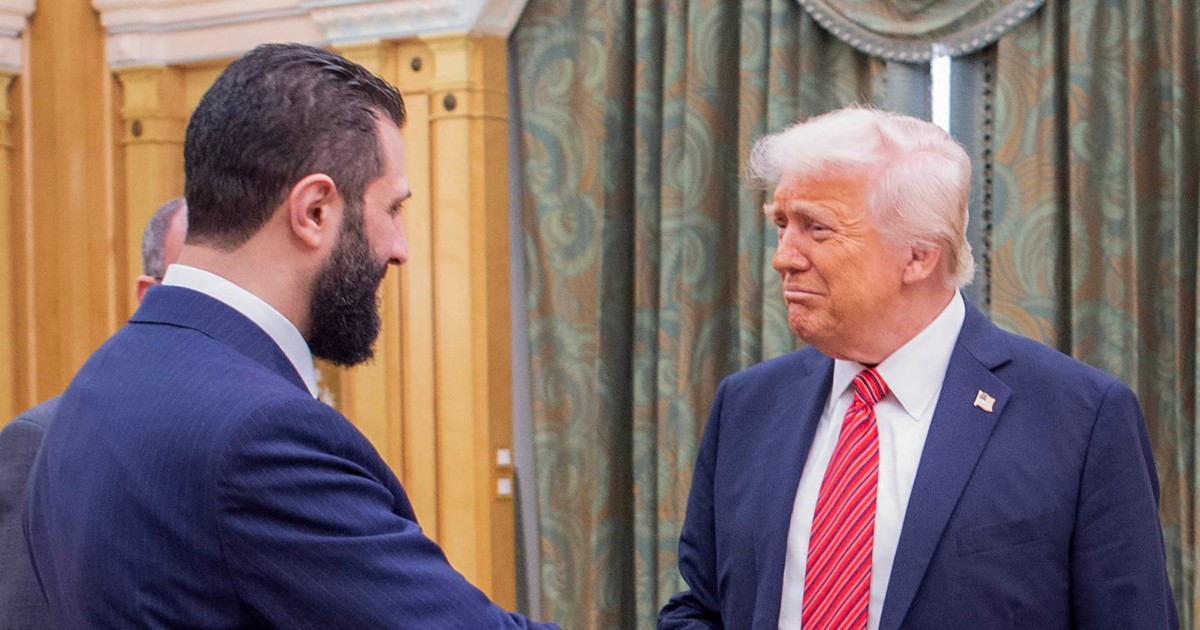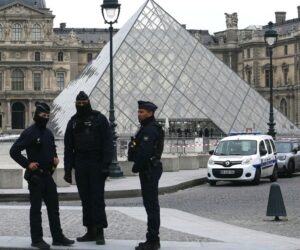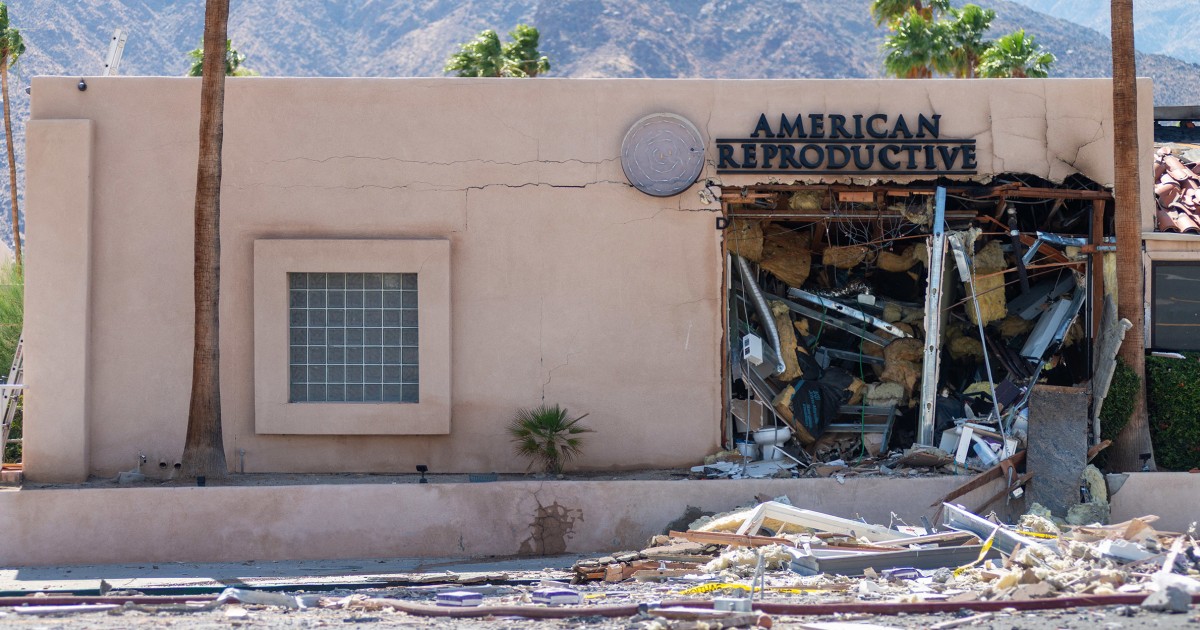As moviegoers return to theaters to see “Wicked: For Good,” the sequel to the 2024 Broadway adaptation about an unlikely friendship between two witches, they may be surprised by the second installment’s darker tone.
Elphaba (Cynthia Erivo), an unfairly villainized figure in the mythical land of Oz, spends much of the new film trying to save her kingdom from a descent into authoritarianism.
In a new song by composer Stephen Schwartz called “There’s No Place Like Home,” Erivo sings of her beloved homeland, “Why do I love this place that’s never loved me?”
Schwartz wrote the song during the Covid-19 pandemic, when he and playwright Winnie Holzman were working to adapt their long-running 2003 stage musical into a two-film structure.
The song, and the musical’s storyline, reflect the complicated feelings Schwartz believes he and many other Americans have about their country in 2025.
“No matter where you lie on a political or ideological spectrum, it must be obvious that the America we live in today is quite a different country than 10 years ago,” Schwartz said in a Zoom interview with NBC News after the film’s record breaking opening weekend. “And so if you feel that something is being lost, the question then becomes, well, what do you do about that?”
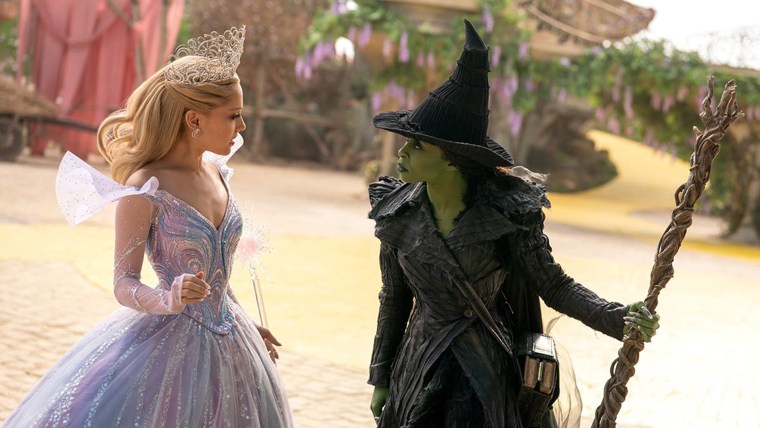
Universal Pictures’ “Wicked: For Good” is directed by Jon M. Chu and stars Erivo as the Wicked Witch of the West and Ariana Grande as the Good Witch, Glinda. (NBC News and Universal Pictures share Comcast as a parent company.)
While the first movie centered on the magic of the witches’ school days, the new film takes more of a foreboding tone. Oz’s talking animals have been locked in cages and the Munchkins are prevented from traveling freely, images that some viewers have taken as an allegory about the dangers of fascism or a critique of current U.S. immigration policies.
“No Place Like Home,” Schwartz said, is essentially a love song Erivo sings to a declining place.
“Any of us who live in a place that we don’t necessarily feel great about, or that hasn’t necessarily been great to us, we grapple with that question: Why do we care so much?”
Schwartz’s new song for Grande, on the other hand, is about a political awakening. “The Girl in the Bubble” marks Glinda’s “turning point,” Schwartz said, a moment when she realizes that she is enabling the cruelty and dishonesty of Oz’s leaders. “As privileged as she is, she can’t live with herself anymore,” Schwartz said.
Unlike the songs in the first “Wicked” film, which weren’t eligible for Academy Awards because they had been in the stage musical, both “There’s No Place Like Home” and “The Girl in the Bubble” are possible best original song Oscar nominees.
The “Wicked” story has always been influenced by current events and subject to political analyses. Some interpreted L. Frank Baum’s original, 1900 children’s book “The Wonderful Wizard of Oz” as a critique of the American populism movement of the 1890s. The 1939 MGM film adaptation of Baum’s book arrived with its portrayal of a deceptive leader just as American audiences were awakening to the dangers of Adolf Hitler.
Schwartz and Holzman adapted their 2003 stage play from Gregory Maguire’s 1995 novel, “Wicked,” which Maguire has said was partly inspired by the first Gulf War. In the 2024 documentary “Wicked: The Real Story,” Maguire said he was interested in exploring the idea of “what is evil and what are my obligations?” In crafting the stage musical, Schwartz and Holzman were taking into account the events of September 11 and the U.S.’s response to them.
“Wicked: For Good” is one of a few big budget, tentpole-style films from Hollywood this year that include either a literal or an allegorical layer of politics along with the spectacle.
Some conservative commentators accused Warner Bros’s “One Battle After Another,” which stars Leonardo DiCaprio as an over-the-hill left-wing radical, of endorsing political violence when it opened in September. Ryan Coogler’s “Sinners” is a vampire movie about racial injustice; “Zootopia 2,” which Disney opened Wednesday, deals with political polarization; and “Avatar: Fire and Ash,” which Disney will release Dec. 19, tackles environmental issues.
So far, most of the stars and makers of these films have let the stories speak for themselves.
Or, in the case of “Wicked,” the songs.
While promoting the film, “Wicked’s” stars alluded to the movie’s broader themes, but largely stuck to talking points that would entice audiences across the political spectrum.
In a TV special that aired Nov. 6 on NBC, Erivo began to introduce a song by saying, “In times like these, that feel so divided, as if we’re reading from different pages and different books…”
Grande finished the thought, saying, “We want you all to know you’re never alone and you’re safe with us.”
Both of the new songs in “Wicked: For Good” have to do with mustering the courage to battle injustice, Schwartz said.
“Do you try and figure out some way of resisting or acting to recover what’s been lost and improve what seems to be going in the wrong direction?” he asked. “How much of a risk are you willing to take?”

